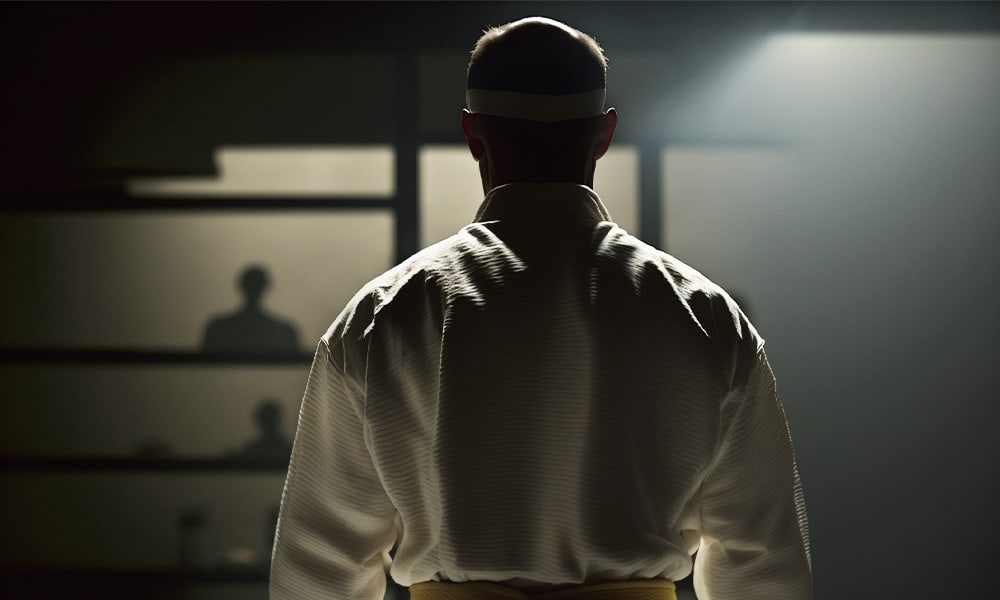
Martial arts and mindfulness may seem like two separate practices, but they share a deep connection. Both require focus, discipline, and a strong mind-body connection.
In this post, I will explore the similarities between martial arts and mindfulness practices, and how they can be used together to enhance your personal growth and development.
Focus and Concentration
Focus and concentration are crucial elements of both martial arts and mindfulness practices. In martial arts, you are taught to be fully present in the moment, to be aware of their surroundings, and to focus your energy and attention on your movements.
This level of focus and concentration is required in order to execute techniques effectively, and to be able to react quickly and decisively to a situation.
Similarly, mindfulness practices encourage individuals to bring attention to the present moment and to develop a non-judgmental awareness of their thoughts and emotions.
By cultivating this level of focus and concentration, you can develop a greater sense of self-awareness, and learn to respond to situations with greater clarity and intention.
In both martial arts and mindfulness, developing focus and concentration requires practice and discipline. As a Martial arts practitioner your must train your body and mind to work in harmony, while mindfulness practitioners must learn to quiet the mind and focus their attention on the present moment. The benefits of developing these skills are significant.
Self-Awareness and Self-Regulation
Self-awareness and self-regulation are essential elements of both martial arts and mindfulness practices. In martial arts, practitioners must learn to control their emotions and impulses in order to execute techniques effectively.
This requires a high level of self-awareness, as you must be able to recognize their emotional state and regulate their response accordingly.
Similarly, mindfulness practices help you develop self-awareness and self-regulation by encouraging you to observe your thoughts and emotions without judgment. By developing this level of awareness, you can better understand your own tendencies and behaviors, and develop strategies to regulate them.
In both martial arts and mindfulness, self-awareness and self-regulation are developed through practice and discipline. You must learn to control your emotions and impulses, while mindfulness practitioners must learn to observe their thoughts and emotions without judgment.
Resilience and Mindset
Resilience and mindset are important aspects of both martial arts and mindfulness practices. In martial arts, you face physical and mental challenges that require you to persevere and push through difficult situations.
This requires a resilient mindset, where you are able to maintain a positive attitude and focus on your goals despite setbacks.
Similarly, mindfulness practices encourage you to develop a growth mindset, where you view challenges as opportunities for growth and learning. By cultivating this mindset, you can develop greater resilience and perseverance, and be better equipped to handle difficult situations.
Again, in both martial arts and mindfulness, developing resilience and a growth mindset requires practice and discipline. You must train your body and mind to withstand physical and mental challenges, while mindfulness practitioners must learn to cultivate a positive and growth-oriented mindset.
Final Thoughts
The connection between martial arts and mindfulness is undeniable. Both practices require focus, self-awareness, and resilience, and both can be used to enhance personal growth and development.
By incorporating mindfulness practices into your martial arts training, you can deepen your mind-body connection and develop skills that can help you in all areas of life.
Whether you are an experienced martial artist or just starting out, incorporating mindfulness practices can help you take your training to the next level.
